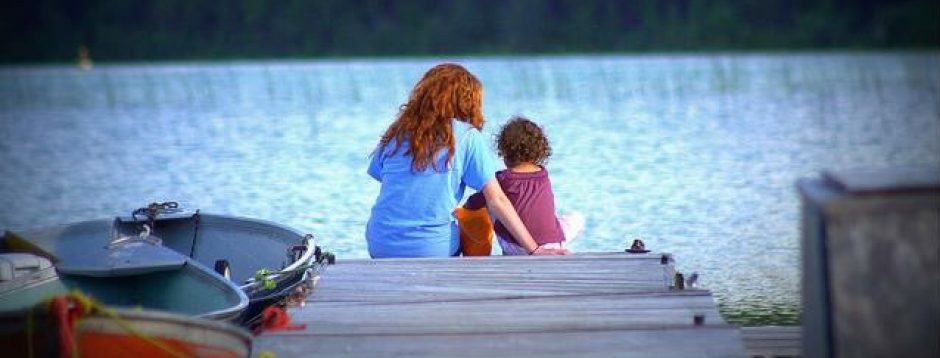CJ#4 Prompt: Explore one of your own “decolonizing encounters”. In what ways does Ho’s paper help you to dwell in your “cognitive & embodied experiences” … the “space in between embodied feeling & making sense” (p. 6) towards “moments of relearning & unlearning” (p. 14)
Gardening is something we do in my family to strengthen our relationship with the land and with each other. Although I’ve never thought of this as a decolonizing experience. Most of my family members are able to identify their favorite kind of flower. Mine is poppies and my moms are calla lilies. Both of my mom’s parents have passed away, but my mom and I hold on to their memory by planting their favorite flowers each year (Grandpa – Marigolds, Grandma – pansies). Her parents taught her to grow a healthy vegetable garden and she taught me, with help from her parents, I learned a lot from them too. My mom suffers from bipolar disorder and its amazing how interacting with nature in her garden can have such a positive impact on her mood. The winter months are often difficult for her but the spring awakens her and her mental health is improved greatly. I told her about Yi Chien Jade Ho’s interpretation of relating environmental education to both cognitive and embodied experiences and how interacting with nature stimulates the mind and improves mental health. She thinks this is common sense since we both have experienced this first hand. I believe outdoor education has many mental health benefits as was said in “No Child Left Inside” one of our readings from earlier in the term.

My dad likes to garden as well, but he has a variety of hobbies that help strengthen his relationship with nature. He’s taken us on many hikes and nature walks sometimes just to test our knowledge on vegetation and animal droppings. But we’ve also taken scenic hikes up mountains, through sand dunes, hot springs, riverbeds and many other experiences I could never have learned about in a classroom. When we get an opportunity, we love to trail ride on horseback. Dad also took time to teach us to fish when we were younger and it’s a skill, I’ve used many times throughout my life. When I think back on all of these experiences, I remember most of these places being colonized in some way by humans on vacation. At the top of the mountain I remember looking down on a camp ground. When we made it to the hot springs I looked to my left and saw the lodge we were staying at. These experiences were lovely but temporary and right in the middle of colonized land. That fish I caught was a beautiful rainbow trout and we couldn’t wait to eat it for supper. But what we didn’t realize was that she was full of eggs. We didn’t know until we opened her up. We found it so cool at the time but its only now that i’m beginning to realize the impact that would have had on the ecosystem. We stopped all those fish babies from being born. My little cousins ate the eggs (they live in Vancouver and eat lots of exotic food like “eggies” from fish. I tried one! I’m glad we didn’t waste the eggs, but its still disheartening that we took them in the first place.
Although these experiences were apart of my privileges as a white person, I consider all of these outdoor experiences to be positive teachings for me. I have been given many opportunities to build a relationship with the land and for that I am very grateful. My outdoor education has led to the “shifts” (Yi Chien Jade Ho) that make me who I am today and that continue to shape me into a better version of myself. I made this picture collage of my favorite outdoor experiences with my family to hang in my office. Even looking at these photos helps boost my mood when I’m stuck indoors awaiting my next adventure.

Nicole, it is great you have so many memories of your outdoor experiences. I find these times to be wonderful opportunities to connect with my family members and the Earth as well. Recognizing those who have shaped this land and lived on this land before us if very important. We must be grateful for the moments we spend in this place. Would you have considered these encounters you mentioned to be colonized encounters before taking this course? How has the term ‘decolonizing’ changed the way you view your outdoor experiences?
Those are interesting questions Natalie, I think I would have recognized them as colonizing encounters before taking this class, but I definitely have a deeper understanding of what makes them colonizing experiences now. The term “decolonizing” is one I didn’t know before this class. It has been very thought provoking form me and I would say it opens up a change in our viewpoint to help us learn what we can do to move on from colonization.
Nicole